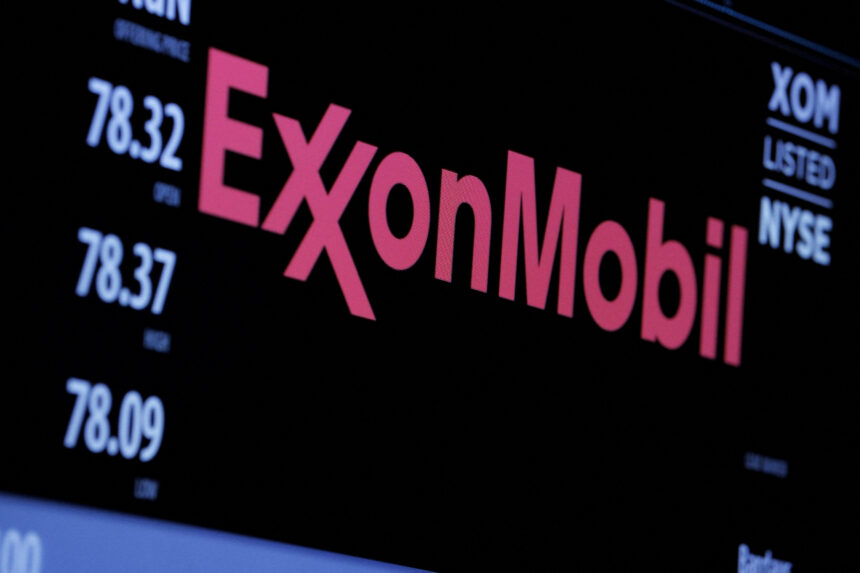ExxonMobil plans to invest $10 billion in Nigeria’s deep-water oil operations. The investment was announced during a high-level meeting between Nigeria’s Vice President, Kashim Shettima, and ExxonMobil executives on the sidelines of the 79th Session of the United Nations General Assembly (UNGA) in New York.
Shettima welcomed the proposal and explained that it aligns with the Nigerian government’s efforts to create a more investor-friendly environment under President Bola Tinubu’s administration.
Shane Harris, Chairman and Managing Director of ExxonMobil Affiliates in Nigeria, emphasized the company’s ongoing commitment to the country, stating that despite challenges, they are focusing on deep-water opportunities rather than retreating from the market.
ExxonMobil has a new approach that revolves around the Owo project, a significant underwater tie-back that could represent an investment of $10 billion.
- Advertisement -
Since 2022, ExxonMobil, an international oil company, has been negotiating the sale of its onshore assets to Seplat Energy in a $1.2 billion deal, which was further facilitated by President Tinubu’s intervention. This shift from onshore to offshore exploration reflects a broader trend among international oil companies operating in Nigeria.
For instance, Shell Plc and TotalEnergies have also pursued divestments of their onshore assets, focusing instead on deep-water ventures.
Shettima attributed this influx of foreign investment to the government’s economic reforms, including the unification of the exchange rate, removal of fuel subsidies, and tax reforms aimed at stabilizing the business environment.
He stated that these measures were designed to improve transparency and ease the process of doing business in Nigeria. Shettima added that the administration is working on revising the fiscal framework for deep-water operations to balance attracting investment while ensuring fair returns for Nigeria.
Apart from the $10 billion investment, ExxonMobil has plans to allocate $1 billion per year on maintenance and an extra $1.5 billion to increase production by 50,000 barrels per day over the next few years.










